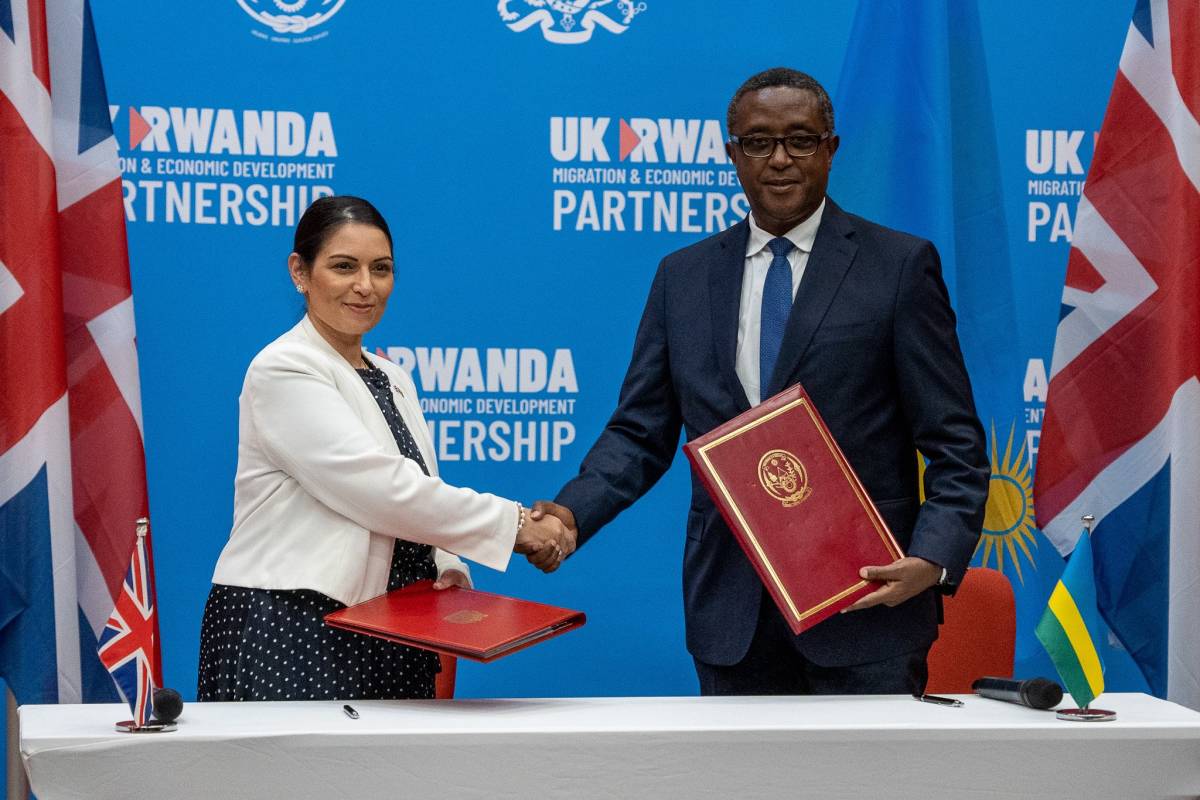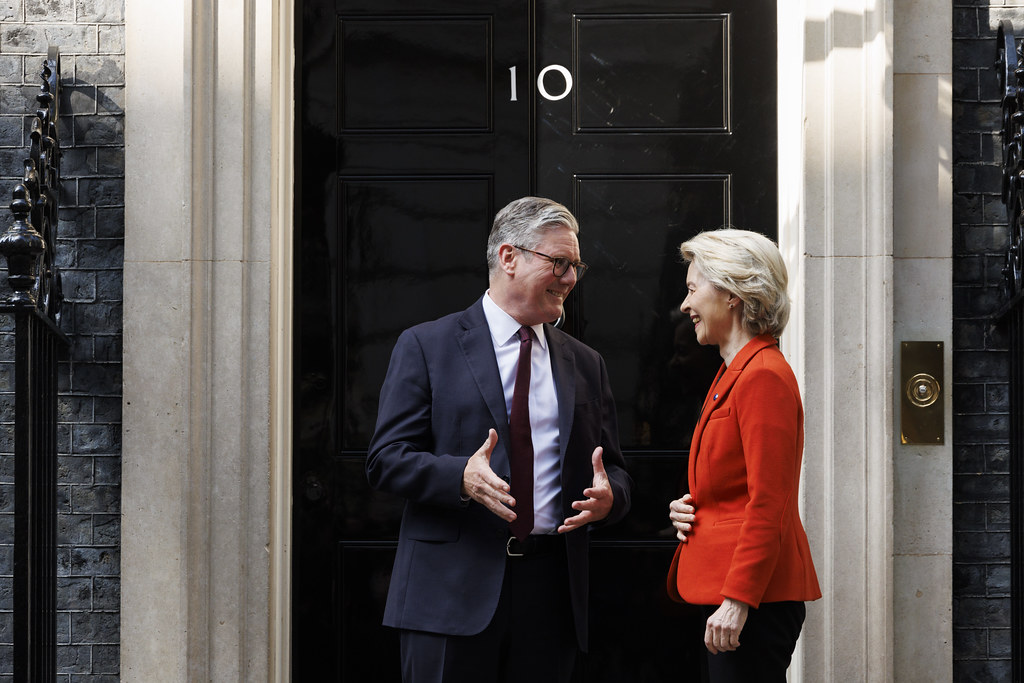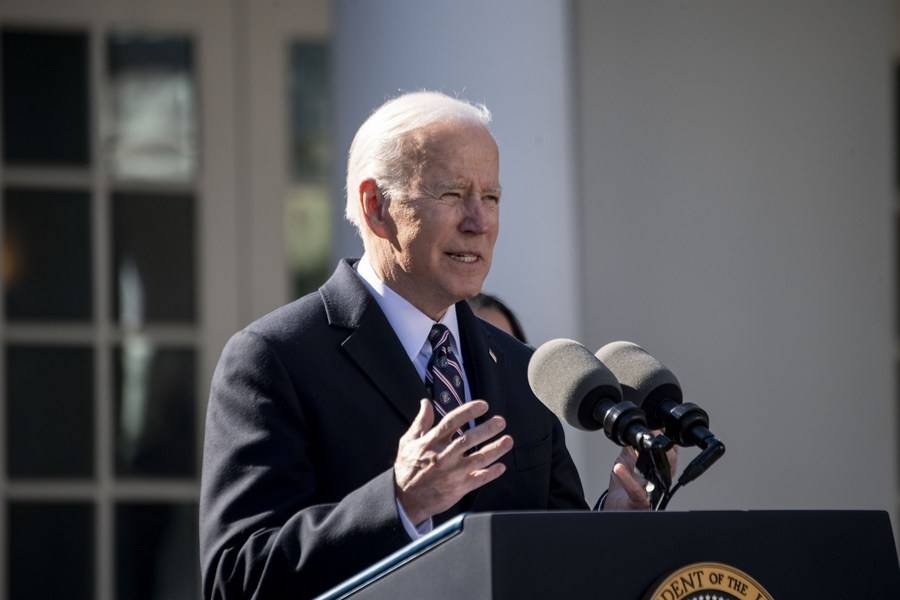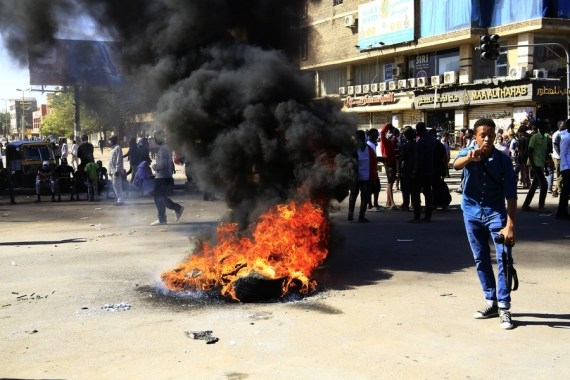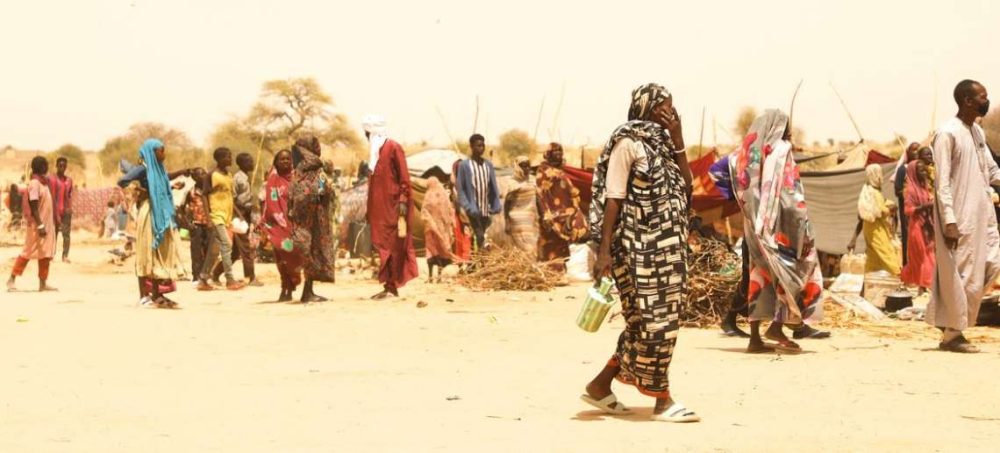The United Nations refugee agency said that it remains “firmly opposed to arrangements that seek to transfer refugees and asylum-seekers to third countries in the absence of sufficient safeguards and standards”
Local reactions to a Rwanda-Britain deal to move asylum-seekers attempting to enter the United Kingdom to Rwanda for resettlement were mostly positive, with some expressing reservations. The agreement was signed by British Home Secretary Priti Patel and Rwandan Foreign Minister Vincent Biruta in the Rwandan capital, Kigali, on Thursday.
“I believe welcoming asylum-seekers from the UK will change some people’s views and negative comments about Rwanda’s human rights record,” Ismael Buchanan, senior lecturer at the Department of Political Science at the University of Rwanda, told Xinhua.
“The choice of sending asylum-seekers to Rwanda has logic in it,” he said. “First of all, look at how far Rwanda has managed to welcome and integrate migrants from different parts of the world, including from Libya, Eritrea, and Burundi.”
“This demonstrates Rwanda’s hospitality,” Buchanan said.
Rwanda hosts nearly 130,000 refugees from neighboring Democratic Republic of the Congo and Burundi, as well as Afghanistan, and migrants evacuated from Libya.
“Rwanda has committed herself to protecting vulnerable people around the world and to offering safe haven to those in need. This is what Rwanda is all about,” Buchanan said.
Noel Barakamfitiye, a businesswoman in Kigali, said the resettlement program would “somehow” meet the needs among the at-risk people trying to settle in the UK.
“I welcome Rwanda’s efforts for those whose lives are in danger to be evacuated. Saving lives should be a priority,” she told Xinhua.
The United Nations refugee agency said Thursday that it remains “firmly opposed to arrangements that seek to transfer refugees and asylum-seekers to third countries in the absence of sufficient safeguards and standards.”
Buchanan, however, said the refugees in Rwanda “enjoy a conducive environment and their rights are protected under various international laws.”
Frederick Golooba-Mutebi, a researcher on politics and public affairs, described the uproar about the relocation plan as a “storm in a tea cup.”
“I think that Rwanda is capable of hosting the asylum-seekers from the UK,” he said. “It is not like the asylum-seekers will be brought and locked up in jail; they will be hosted for as long as they wish to stay; those who don’t want to stay will be free to leave.”
Golooba-Mutebi underlined that those who criticize the relocation on the basis of Rwanda’s human rights record are doing so “out of ignorance of what they are talking about.”
“Why did no one make noise when Afghan refugees were brought to Rwanda or those from Libya? Several evacuees of various nationalities from Libya have been resettled to third countries; others are still in Rwanda,” he said. “Can they produce a single refugee whose rights have been violated?”
The opposition Democratic Green Party of Rwanda said while it supports welcoming refugees who have chosen Rwanda as their first destination, it does not support receiving those who had chosen to go to the UK or other European countries.
“We think that rich countries including the UK should not shift their international obligation to receive refugees and transfer them to third countries, just because they have the money to influence and enforce their will,” the party said in a statement, adding that the move is not sustainable.
Rwandan Foreign Minister Biruta described the deal as a truly unique approach to addressing the global migration crisis by tackling root causes.
ALSO READ: Channel migrants to be sent to Rwanda
Rwanda and Britain have not mentioned how many asylum-seekers will be resettled, but under the five-year program, migrants from the UK will be integrated into communities across Rwanda, where they will be entitled to full protection under Rwandan law, equal access to employment, and enrolment in healthcare and social care services.
UK Home Secretary Patel said the relocation applies to illegal entrants to the UK who are exploited by criminal gangs to help them into Europe through desperate journeys.
The British government said plan is aimed to end illegal people-smuggling across the English Channel.
Britain is offering an upfront investment of 120 million pounds (156.9 million U.S. dollars) to facilitate the implementation of the agreement, Patel said.
The funding will be injected into opportunities for the development of migrants and Rwandans in areas of secondary qualifications, vocational and skills training, language lessons, and higher education, according to a joint statement.
Media reports said more than 28,000 migrants and refugees reached Britain from mainland Europe on boats last year.


